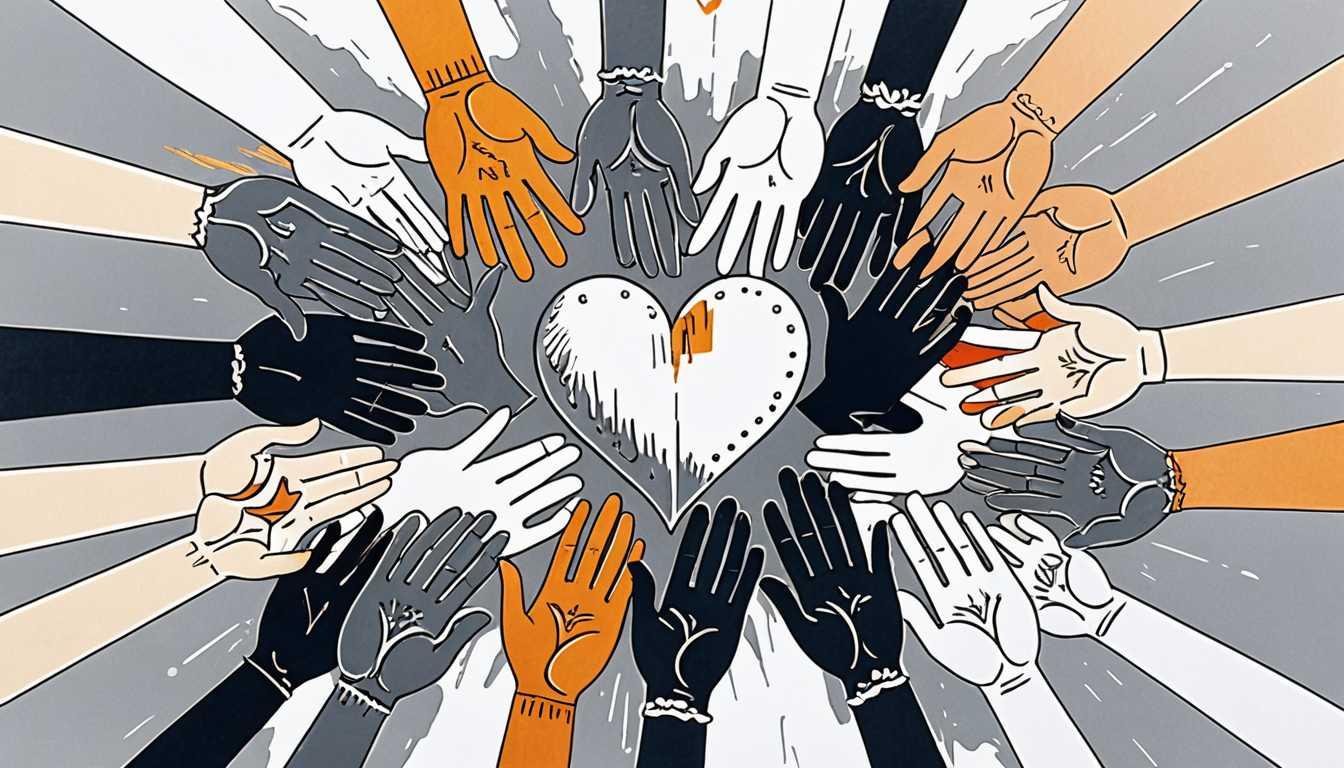Healing Divides: Democracy's Hope
May 2023
UC Berkeley
Introduction
Dive into the groundbreaking study from UC Berkeley where political scientists uncover a hopeful path to mend the growing rift of toxic polarization in American politics. Discover how a simple ad campaign before the 2020 presidential election, featuring bipartisan support, went viral for its refreshing civility. This research reveals that both Republicans and Democrats cherish democracy deeply but are often misled by fears of the other side's intentions. With a blend of humor and hard facts, learn how correcting these misconceptions can rebuild trust, encourage democratic norms, and maybe, just maybe, make the political climate a tad less stormy.
READ FULL ARTICLEWhy It Matters
Discover how this topic shapes your world and future
Unraveling the Knot of Polarization
In a world where political debates often turn into heated, divisive battles, finding common ground seems more crucial than ever. The story of Spencer Cox and Chris Peterson, political opponents who pledged civility, shines a beacon of hope amidst the storm of toxic polarization. This tale isn't just about two politicians agreeing to be nice; it's a glimpse into how embracing democratic values and understanding our opponents can bridge the vast divides. Imagine a world where instead of shouting matches, we had conversations; where understanding trumped suspicion. This isn't just important on a global scale, affecting how countries are governed and how societies function; it's vital for you, too. Understanding and addressing polarization can help foster a more inclusive, respectful environment in schools, communities, and future workplaces. It's about creating a world where everyone feels heard, valued, and understood.
Speak like a Scholar
Toxic polarization
A state where political and ideological divisions are so intense that they hinder constructive dialogue and cooperation.
Democratic values
Principles that uphold the importance of a fair, free, and inclusive society where the rights and voices of all citizens are respected.
Bipartisanship
Cooperation and collaboration between members of different political parties.
Misconceptions
Incorrect or misleading views or opinions based on incomplete information or misunderstanding.
Civic engagement
Active participation in the political and societal processes that affect one's community and country.
Authoritarianism
A form of government characterized by strong central power and limited political freedoms.
Independent Research Ideas
The role of social media in shaping political views
Investigate how platforms can either bridge or widen the gap of political polarization among teenagers.
Civic education's impact on democracy
Explore how different educational approaches to civics influence students' understanding and appreciation of democratic values.
Cross-party dialogue initiatives
Study the effectiveness of programs designed to foster communication and understanding between individuals with opposing political views.
The psychology of political identity
Examine how and why individuals strongly identify with specific political ideologies, and the impact this has on their perception of the other side.
Media representation and political polarization
Analyze how the portrayal of political issues and figures in the media contributes to or mitigates polarization.
Related Articles

Who’s the Good Influencer? A Global Survey!
June 2024
King's College London - News

Tweets vs. Statements: A Surprising Study!
May 2024
MIT News

Culture Meets Pandemic: A Global Tale
April 2023
London School of Economics (LSE)

Nudging Truth Across Party Lines
April 2024
Cornell University

Bridging Divides: A Path to Democracy
October 2024
UC Berkeley NewsCenter